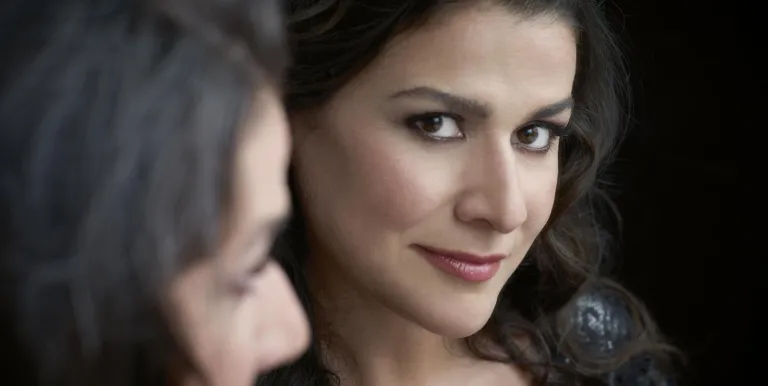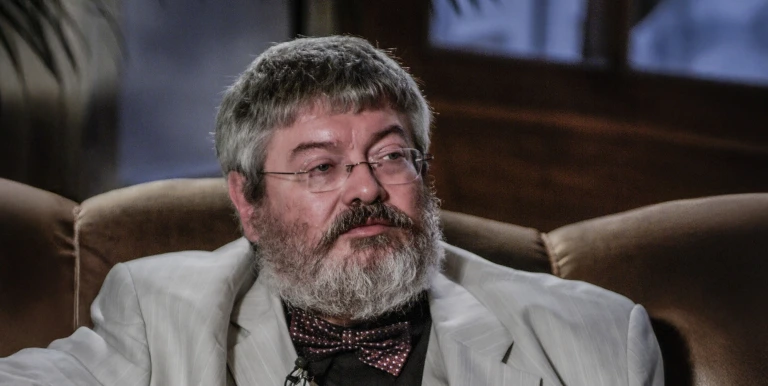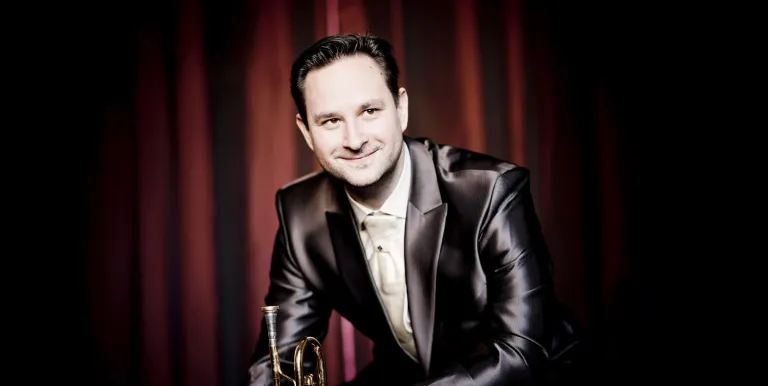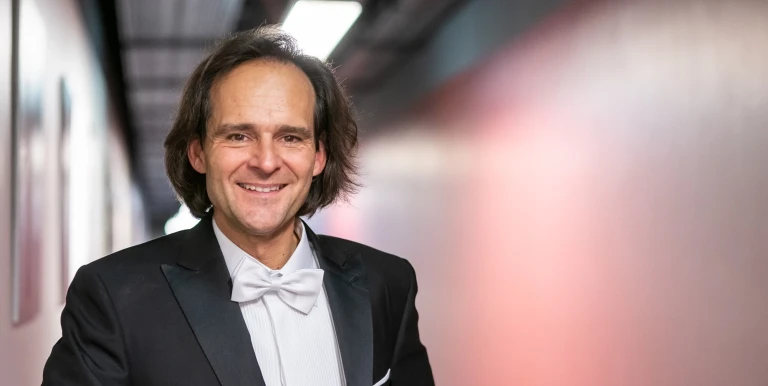The program was cancelled
The program was cancelled
We regret to inform our dear audience members that the concert of Szent István Philharmonic, and the online broadcast of the event have been cancelled.
Thank you for your understanding!
Violinist and conductor:
Tchaikovsky
Slavonic March, Op. 31
Tchaikovsky
Souvenir d'un lieu cher
Ravel
Tzigane
Prokofiev
Romeo and Juliet - suite
We're broadcasting this performance live!
In spite of the fact that the current extraordinary situation prevents us all from meeting at Müpa Budapest in person, we would still like to make the coming days nicer and more uplifting. This is why we are going to transmit our live performance, without an audience, on our website and YouTube channel.
We look forward to welcoming you to the event, through your screen!
The performance will be broadcasted on our website and YouTube channel.
At the Szent István Philharmonic's concert on this evening, Kristóf Baráti will play a dual role: as both a violinist and the conductor, he will guide listeners through the worlds of French and Russian music.
Tchaikovsky premièred his Slavonic March at Moscow's Bolshoi Theatre on 5 November 1876, with Nikolai Rubinstein conducting. The first performance of the work was such a resounding success that it had to be repeated. The three-movement piece created two years later, 'Souvenir d'un lieu cher' (Memory of a dear place), was originally conceived as a composition for violin and piano. Tchaikovsky wrote the opening movement, Méditation, in the picturesque Swiss village of Clarens. Originally intending for it to serve as the slow movement of his Violin Concerto, he later changed his mind and instead added two more movements to it while staying at the Brailov estate of his patroness Nadezhda von Meck. The 'dear place' of the title almost certainly referred to Brailov. It was only after Tchaikovsky's death that the work was scored for orchestra, thanks to Alexander Glazunov. Maurice Ravel's Tzigane (meaning 'Gypsy') was likewise not originally written for orchestra. At its first performance in 1924, the Hungarian violinist Jelly d'Arányi partnered with a pianist whose instrument was fitted with a luthéal, a device that gave it a cimbalom-like sound. Ravel scored it for orchestra later that same year.
Composed in 1935/36 but rejected several times because of its complexity and for other reasons, Sergei Prokofiev's ballet Romeo and Juliet was first performed in 1938, in Brno. In spite of the mixed initial reception, the piece later became one of Prokofiev's most successful and most frequently performed works.
Presented by: Szent István Philharmonic










